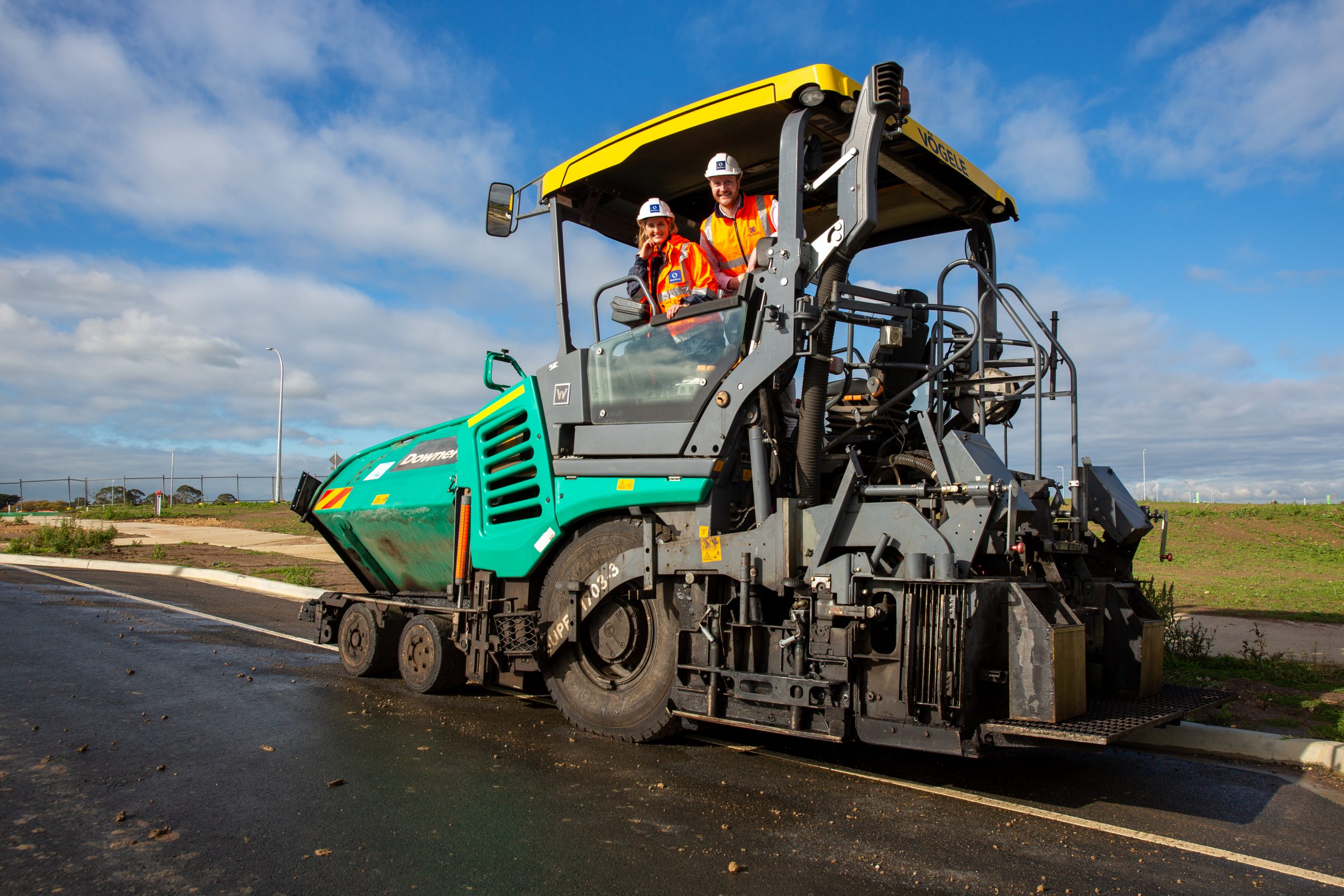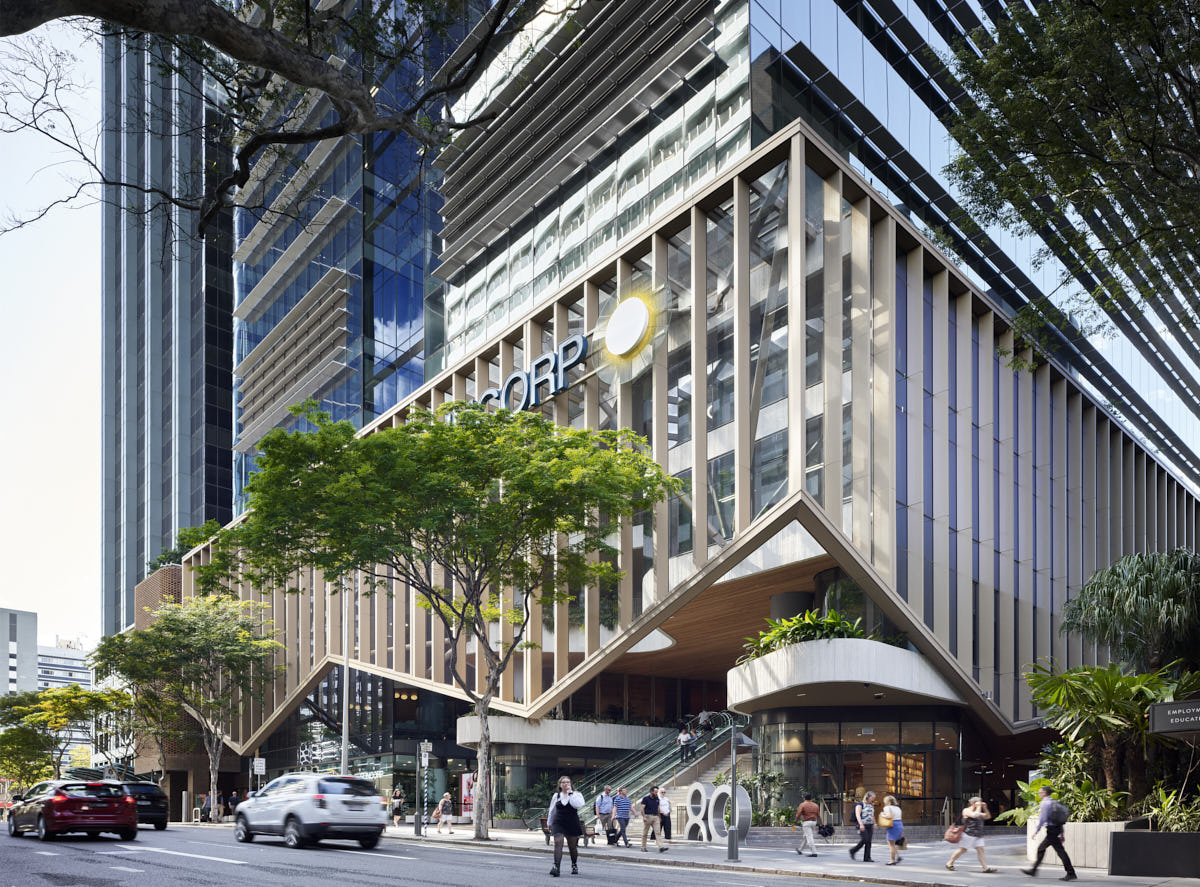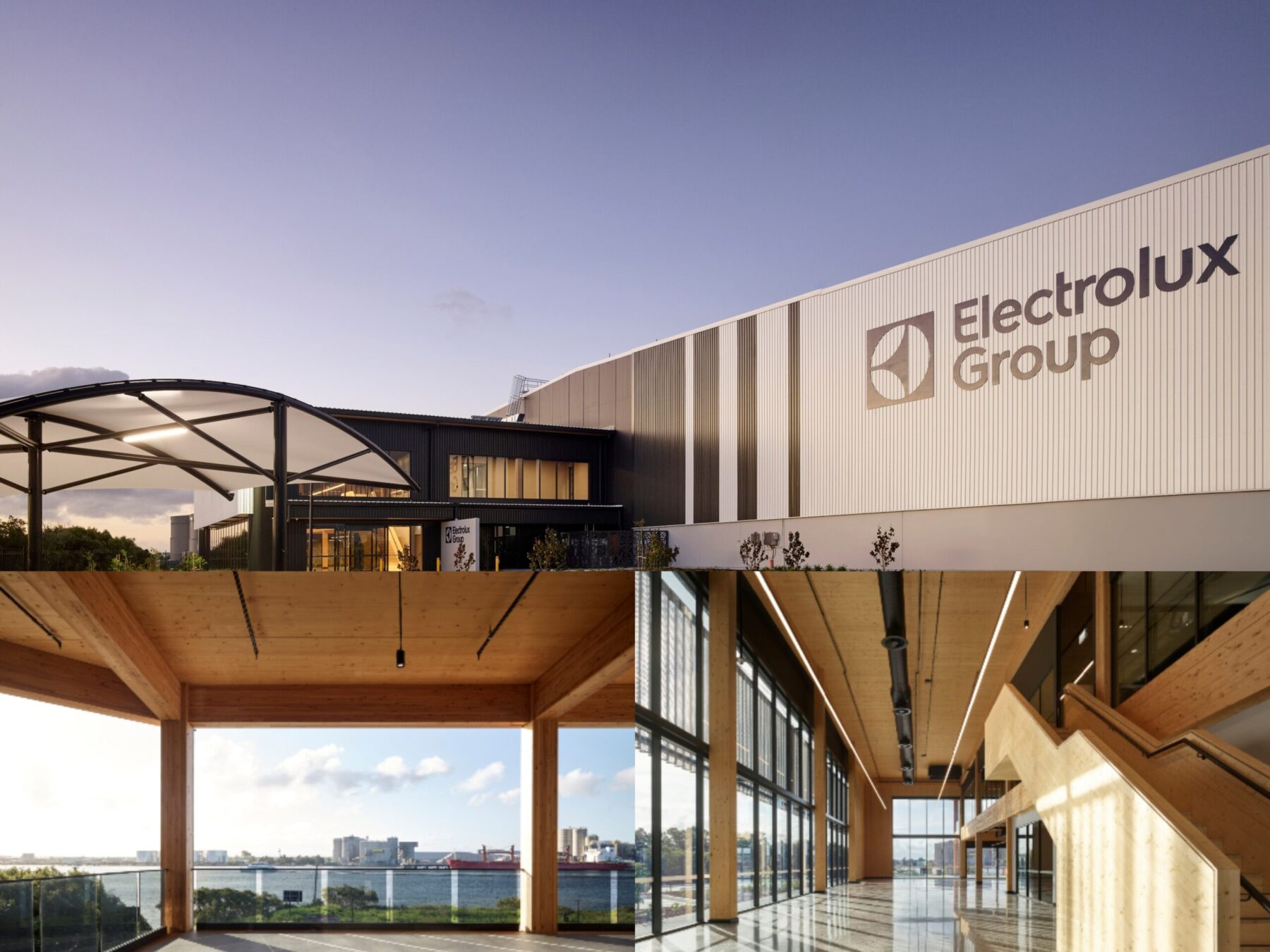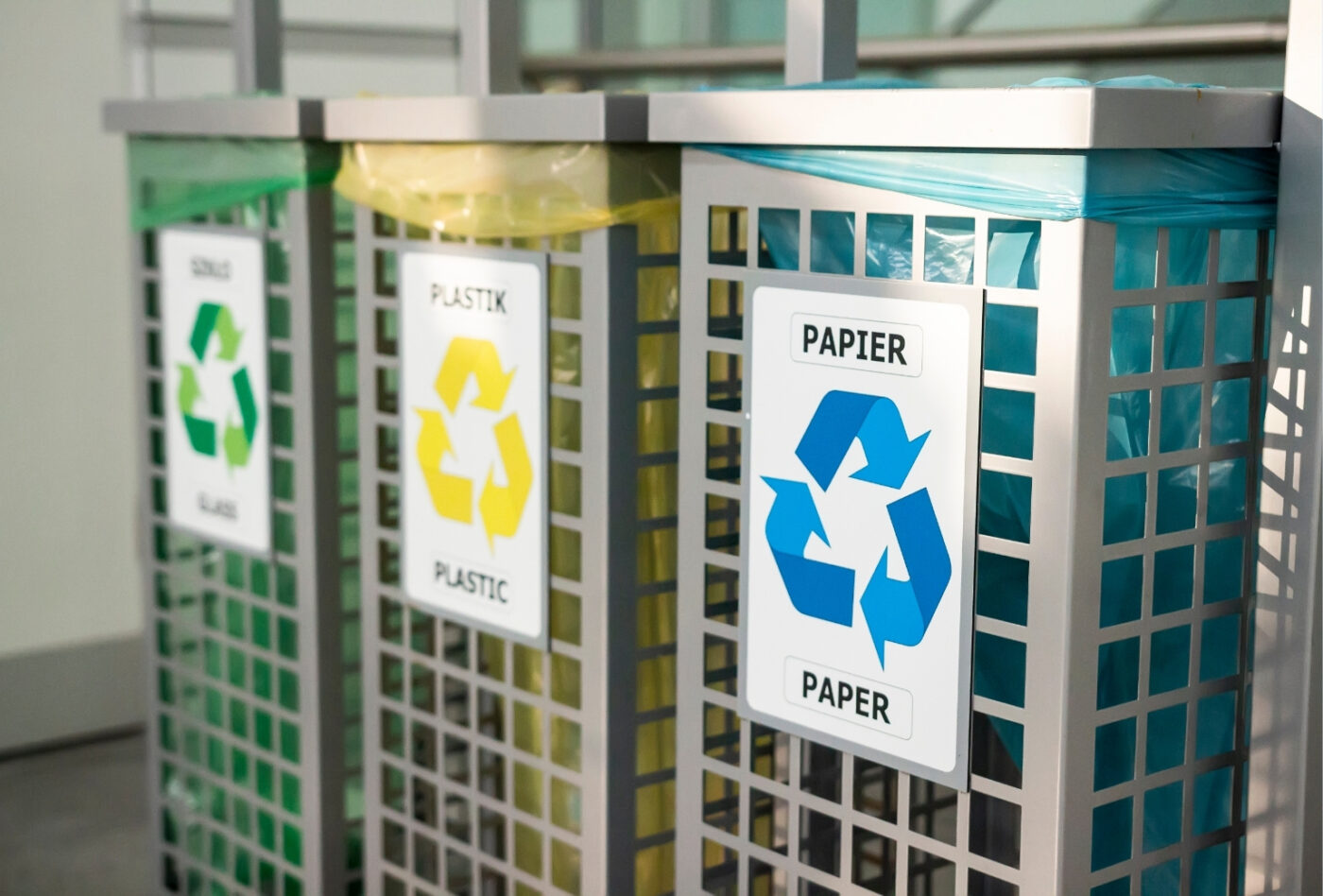
Berwick will be home to Australia’s largest environmentally friendly road project using surfacing material made from Reconophalt. The project, currently underway at one of Australia’s largest diversified property groups’ latest communities, Stockland Minta, will deliver more than two kilometres of roadway.
Reconophalt is a road surfacing material that contains highly recycled content derived from waste streams (soft plastics, toner, glass and reclaimed road) that would otherwise be bound for landfill or stockpiled. It is a type of asphalt that does not cause any harm to the environment or exude harmful fumes.
The Minta Reconophalt project is a combination of work between Stockland, City of Casey Council, Downer Road Services and Winslow Constructors Australia.
The Reconophalt product is currently being laid in stage 15 at Stockland Minta, a masterplanned residential community located in Berwick, south-east of Melbourne. The community will comprise traditional home sites, house and land packages and townhomes with over 22 hectares of conservation area, drainage reserve, tree reserve and public open spaces with lakes. Stage 15 is forecasted to be completed in early 2021.
Upon completion, and combined with stages 17 and 18, the total length of road will be 2,430 metres and the total area of pavement will be 17,800 square metres. Stage 15 alone is using 980 metres of the material.
The material from Stage 15 will divert from landfill approximately 1,356,000 plastic bags, 39,610 printer cartridges and 724 tonnes of recycled asphalt – saving the equivalent of 23.08 tonnes of carbon dioxide and 9.5 cars coming off the road for one year.
Reconophalt can contain:
- Soft plastics from plastic bags and packaging collected by the community and deposited in collection bins at Coles and Woolworths Supermarkets under the Redcycle Scheme
- Waste glass diverted from landfill
- Waste toner from used print cartridges collected under the Planet Ark Scheme
- Reclaimed asphalt pavement (RAP) from end-of-life roads
- Crumb rubber from end-of-life tyres
- Coarse aggregate and sand from street sweeping and hydro-excavation materials processed at Downer’s and Repurpose It’s detritus processing facility.
Reconophalt brings no increased environmental risk compared to standard asphalt while providing considerable sustainability and performance benefits.
The project at Stockland Minta will use the following quantities of Reconophalt:
- Stage 15 > 1,796 tonnes
- Stage 17 > 1,133 tonnes
- Stage 18 > 1,274 tonnes
Stockland worked closely with the City of Casey to achieve approval to use Reconophalt for the Minta project.
Kerry Balci, Stockland Project Director, said: “Stockland is committed to using sustainable materials. Our sustainability approach focuses on our opportunity to deliver shared value; specifically through our responsibility to create the right balance of social, environment and economic outcomes for our stakeholders, now and into the future.
“We’re proud to put Minta firmly on the map with this movement. This environmental initiative is one of the first of many Stockland projects that will be using recycled asphalt – helping grow our communities while being as kind to the environment as possible,” Mrs Balci said.
Karen Winsbury, Downer, Group Manager Corporate Affairs said: “There has never been a greater need to reduce the amount of waste going to landfill with soft plastic, tyres, glass and excavation waste being major issues globally.
“We needed to minimise the extraction of natural resources for use in this much needed infrastructure development – that’s why Downer has invested heavily over the past 10 years to create economic, social and environmental benefit for our customers and their communities by pulling products, not pushing waste. The project at Stockland Minta is a great example of forward-thinking, large scale projects that use these materials,” Ms Winsbury said.
Earlier this year Stockland brought forward their commitment to achieve Net Zero Carbon emissions by 2028, two years earlier than the original target of 2030 as part of their sustainability strategy.



